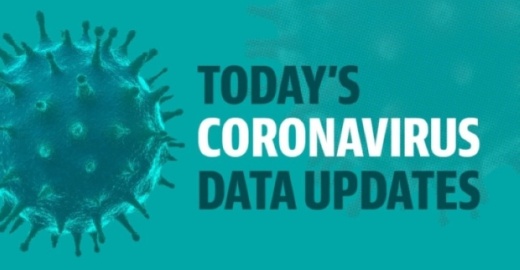Speaking at the Sept. 15 meeting of the Harris County Commissioners Court, Hidalgo said testing positivity is the main metric in which improvement is still needed before the threat level can be lowered, adding that hospitalization rates have been improving.
Daily case counts are high as well, Hidalgo said, but she said that can be attributed in part to a lag in when data comes back from the Texas Department of State Health Services. New case data for Sept. 15 had not been updated as of 4:30 p.m., but Hidalgo said the county was expecting around 3,000 cases due to the backlog, which would be a significant increase from the totals over the past week, which ranged between 350-1,400 new cases per day.
"That's an ongoing problem, and we’re working on figuring out how to present the case data in a way that accounts for the backlog," Hidalgo said
The most recent data on testing positivity showed the rate at around 8.7%, Hidalgo said, which is above the 5% target. Harris County's testing positivity rate is higher than the city of Houston's, which Hidalgo said is because the city counts any test with inconclusive results as a negative.
"Their denominator is larger, so the positivity rate is smaller," she said. "We don’t take inconclusive responses into account; they are not positive or negative."
If trends continue in the right direction, Hidalgo said she is hopeful the threat level can be downgraded from red to orange—or from Level 1 to Level 2—within "a matter of days." Under Level 1, residents are advised to stay home and avoid all nonessential travel. By comparison, Level 2 advises residents to minimize contact with others and avoid large gatherings.
However, Hidalgo pointed out that Harris County remains behind many other countries and cities that have reopened, where she said positivity rates can be around 1% and new cases per day can be 50 or fewer.
Moving forward, the county is preparing to launch a survey process that Hidalgo said will provide a better idea of the current state of COVID-19 in the community and help identify pockets where the virus is spreading earlier on. The academic survey will involve recruiting a randomized sample of people to test for the virus as opposed to strictly testing people who request a test, she said.
The survey, which will be conducted by the University of Texas Health Science Center at Houston, will be carried out through Dec. 31, with the possibility for two six-month renewals in the future.





